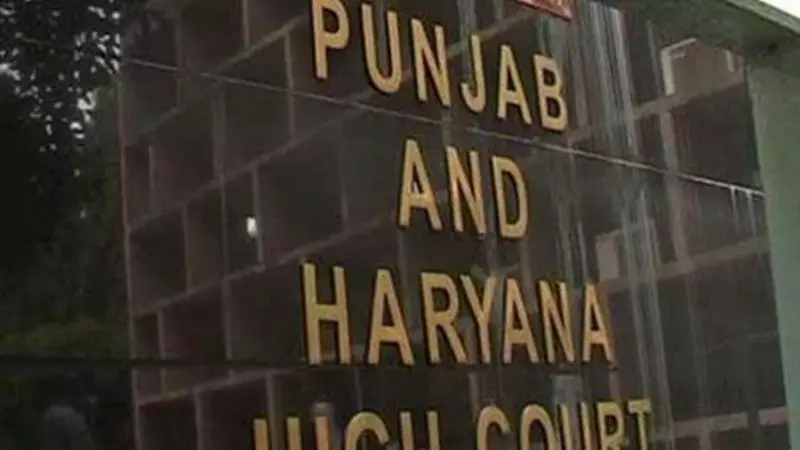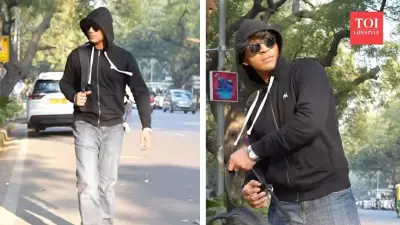
In a significant legal ruling that clarifies employer rights post-termination, the Punjab and Haryana High Court has quashed three chargesheets issued by the Punjab State Civil Supplies Corporation against a former inspector who had been dismissed from service back in 2013.
Court's Landmark Ruling on Employer Authority
The High Court firmly established that an employer cannot initiate fresh disciplinary proceedings after the relationship of master and servant has been "irrevocably severed" through dismissal. This verdict, pronounced on November 7 by Justice Harpreet Singh Brar, came in response to a writ petition filed by Suresh Jindal, an Inspector (Grade-2) who was terminated on October 31, 2013 following his conviction under the Prevention of Corruption Act.
Despite Jindal's dismissal in 2013, the corporation surprisingly issued charge sheets in April and July 2017 - nearly four years after the termination - alleging financial irregularities. The court found this action legally untenable once the employment relationship had been formally severed.
Legal Foundation: The Vinculum Juris Principle
The bench observed that when the dismissal order was passed on October 31, 2013, it effectively snapped the vinculum juris - the legal bond between the employee and the employer-corporation. This fundamental breaking of the master-servant relationship meant the corporation lost its jurisdictional authority over disciplinary matters concerning the former employee.
The court relied heavily on established Supreme Court precedents to underline that disciplinary jurisdiction depends entirely on a subsisting employment relationship. Quoting from the three-judge bench ruling in Indian Bank v. Mahaveer Khariwal (2021), the judgment noted that "all other subsequent proceedings of departmental enquiry will be null and void and shall be non est, as after the voluntary retirement, there shall not be an employer-employee relationship."
Corporation's Arguments Dismissed
The Punjab State Civil Supplies Corporation had attempted to justify its actions by citing Rule 2.2(b) of the Punjab Civil Services Rules, which permits post-dismissal action for pension recovery. However, Justice Brar dismissed this argument, noting that the petitioner was "admittedly not entitled to pension" in the first place.
The court clearly stated that a provision dealing exclusively with withholding pensionary benefits cannot be invoked against someone who isn't eligible for pension. This effectively closed one of the corporation's main legal avenues for pursuing the case.
Additionally, the court rejected the corporation's claim that the dismissal order was sub judice in a civil suit, emphasizing that the corporation became functus officio - meaning it exhausted its authority and no longer had legal jurisdiction over disciplinary matters once the dismissal was ordered.
Broader Implications for Employment Law
This verdict reinforces the legal principle that employers cannot continue disciplinary actions against former employees after termination. The ruling cited another Supreme Court case, State Bank of India vs. Navin Kumar Sinha (2024), where the apex court held that "no disciplinary proceeding can be initiated after the delinquent employee or officer retires from service on attaining the age of superannuation or after the extended period of service."
The court's final ruling left no room for ambiguity: "The foundational employer-employee relationship having ceased to exist, the respondents lacked the jurisdictional authority to issue them," the bench declared while quashing the charge sheets along with all consequential proceedings.
This judgment serves as an important precedent for employment law in India, clearly defining the limits of employer authority once an employee has been formally dismissed from service.





